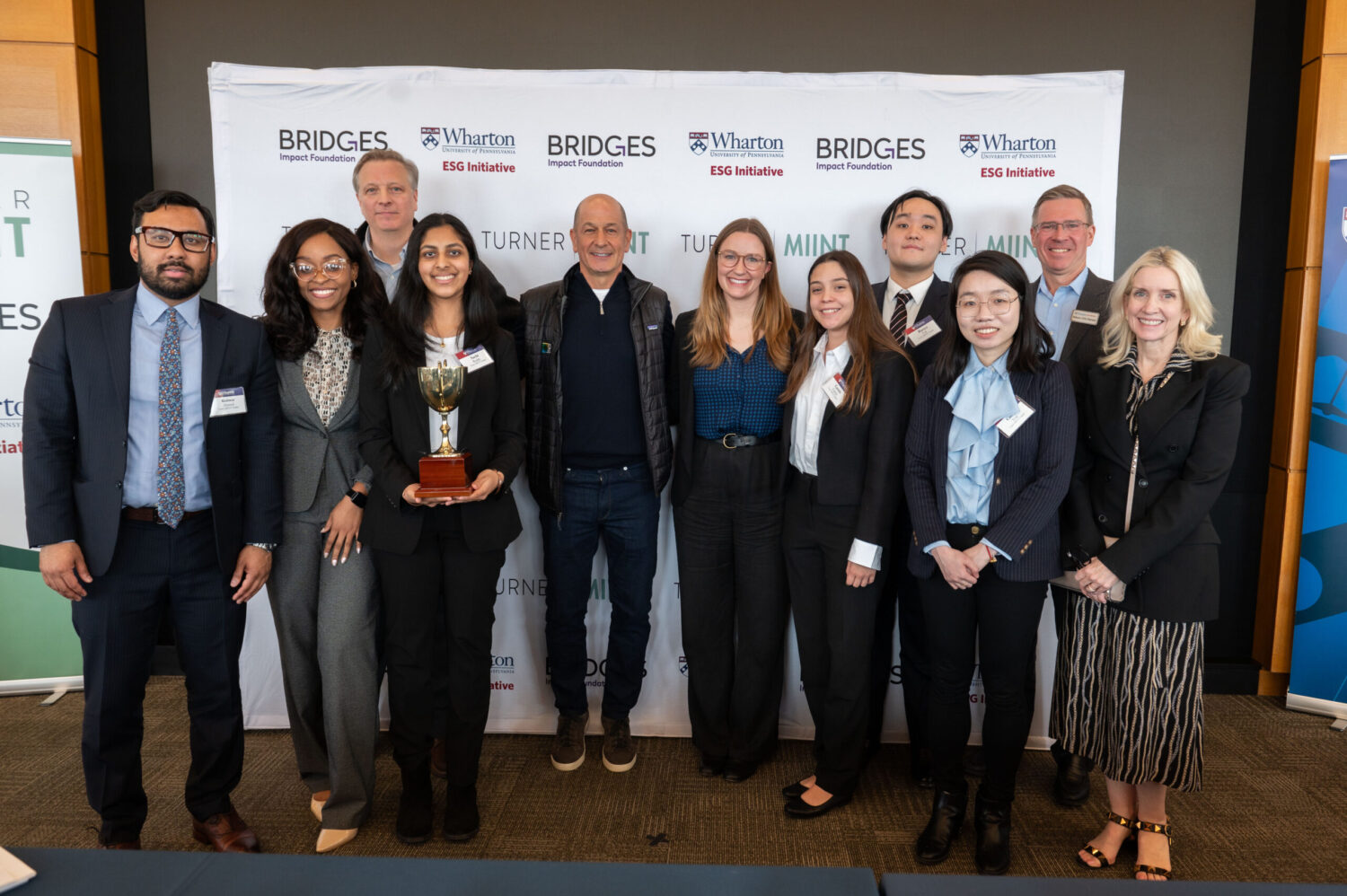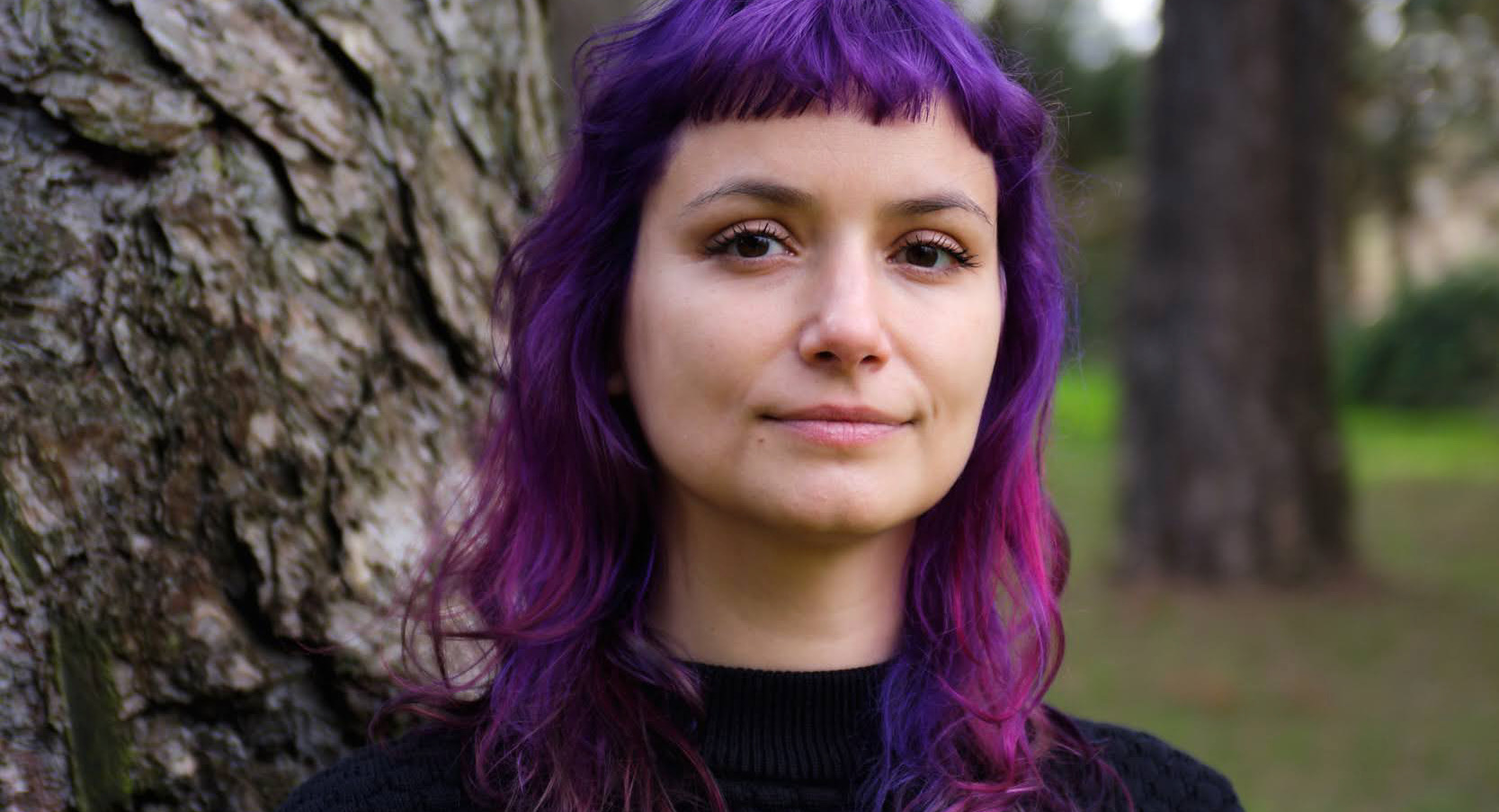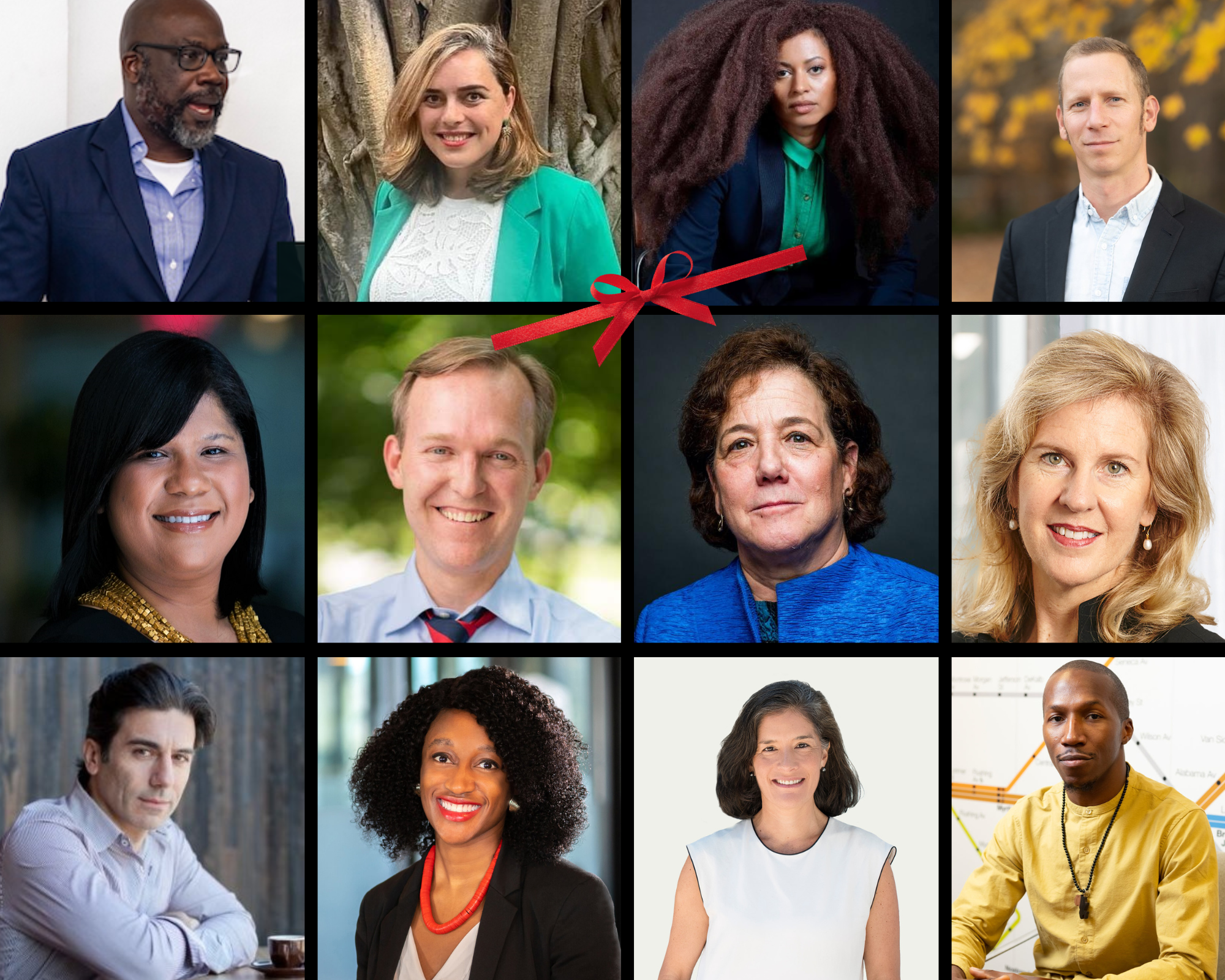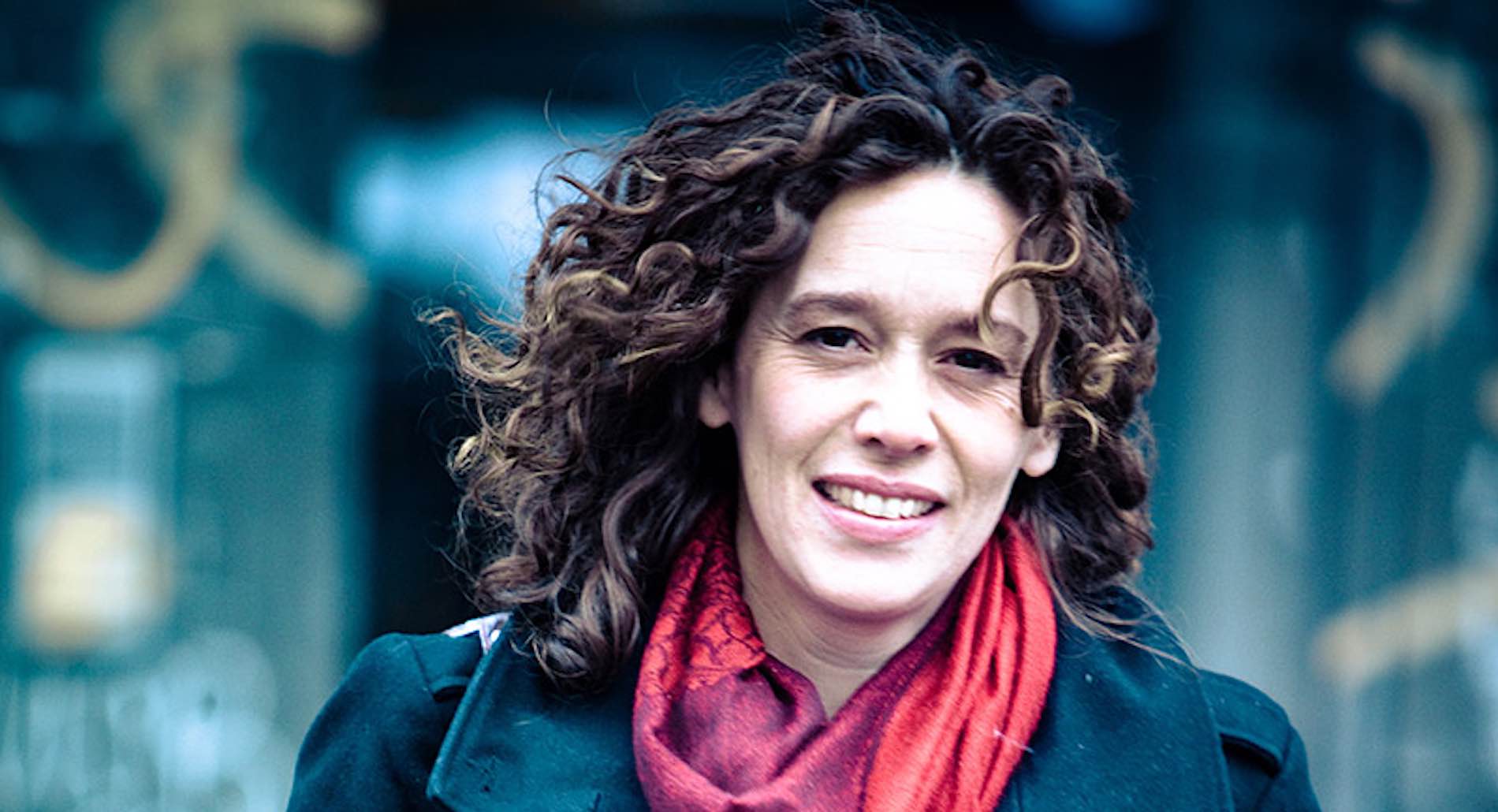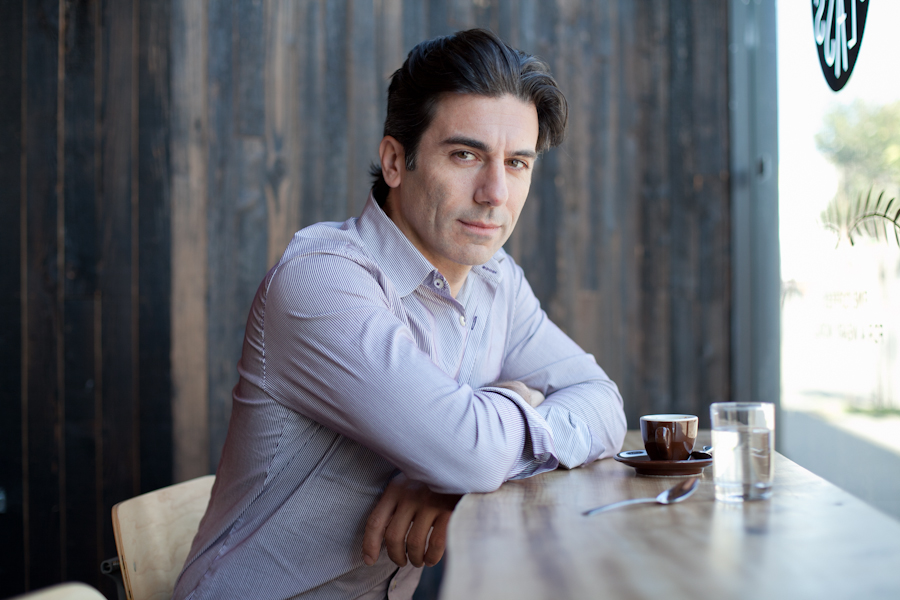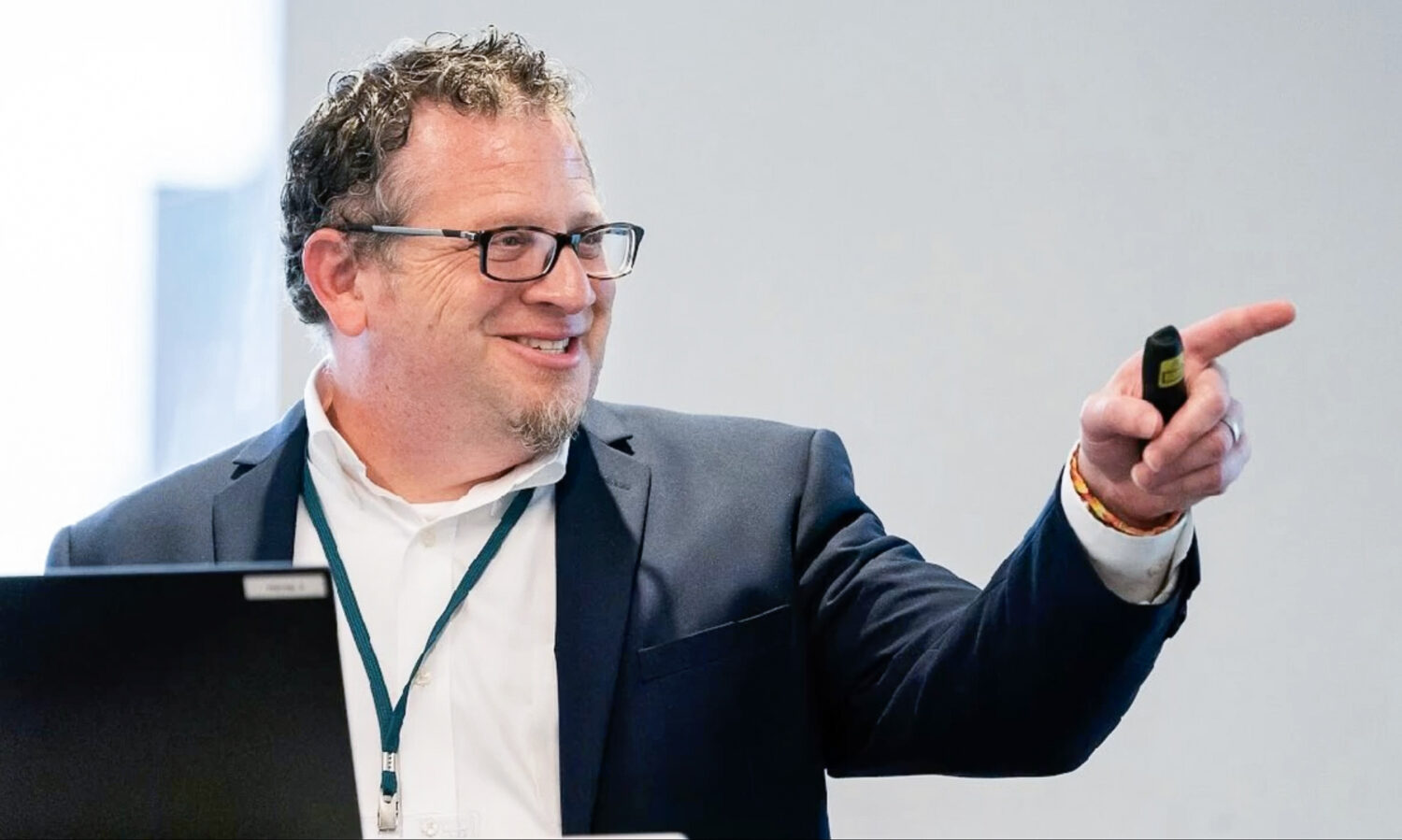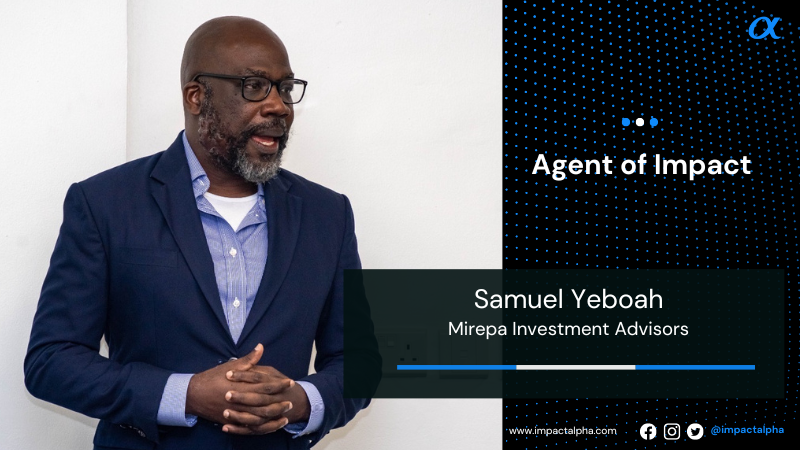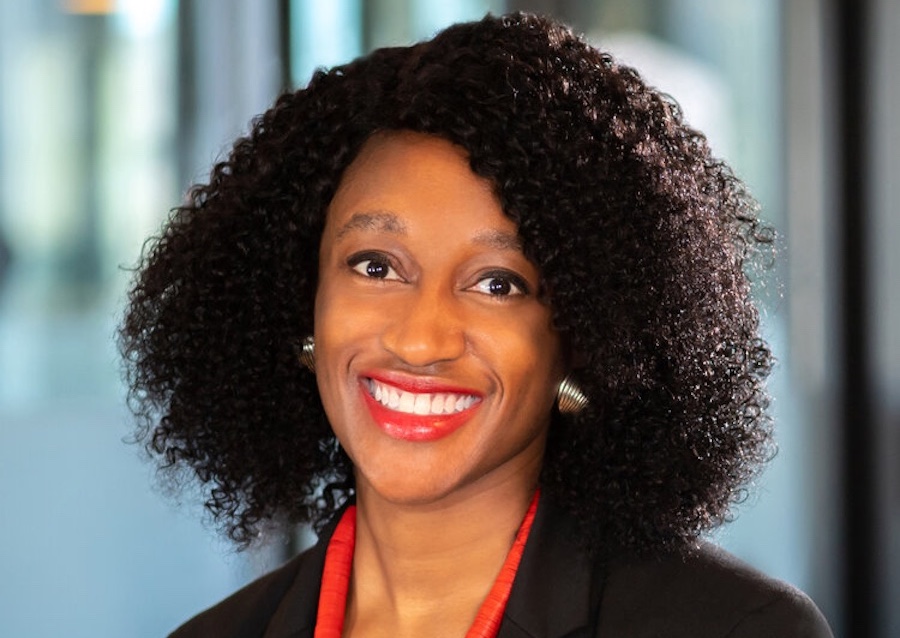ImpactAlpha, August 18 – Monica Brand Engel’s advice to impact investors is this: Imperfect execution is ok.
“Authentic impact is about accepting imperfection and actually getting things done,” says Engel, co-founder of financial inclusion venture capital firm Quona Capital. “If your standard is for 100% of every dollar to reach the most underserved person, you’re going to be sitting on capital for a long, long time.”
At Quona, Engel and her team have invested in 72 companies, whose products and services have reached nearly 145 million people, 79% of whom are underserved, according to its latest impact report. The firm’s investment thesis centers around using technology to “radically improve lives” in emerging markets.
“At the time of Quona’s launch, “fintech” was a nascent category,” Engel and Quona’s other co-founders, Jonathan Whittle and Ganesh Rengaswamye, write in the firm’s latest impact report. “But we had conviction around fintech’s ability to reach and effectively serve segments that had historically been left out of formal financial systems.”
Quona’s portfolio last year also generated more than $1.5 billion in revenues, delivering local economic benefits and jobs.
Impatient with poverty
Engel, the daughter of an American father and Peruvian mother, got her start in finance working for The Development Fund, designing financial products for banks like Wells Fargo and Bank of America to reach underserved but “near bankable” businesses.
“I’ve always been kind of left-brained, but what I gravitate toward is more relational—people. So that’s how I ended up in financial services,” she says.
She went to Stanford for business school and then to work in consulting and venture capital in South Africa, inspired by the country’s Truth and Reconciliation proceedings and its eagerness to rebuild after apartheid. The work was slow.
Engel left South Africa to work for Accion on advice of its then-president and CEO, Michael Chu.
“He said, ‘Monica, if you want to solve a problem as huge as world poverty, you have to mobilize a resource equally as immense, and that’s the world’s capital markets,’” Engel recalls. “You can’t be patient with poverty.”
At Accion, Engel helped microfinance institutions think beyond credit and helped pilot low-income housing finance. In one of its most significant deals, it helped a financial nonprofit in Mexico, Compartamos Banco, shift to a for-profit model and eventually IPO. Accion reaped a return of about $150 million on a $1 million investment, which “got us—negatively – on the front page of The New York Times,” Engel recalls. The gist of the article: “How can you say you’re helping the poor if you’re making so much money?”
That deal helped launch Quona, an Accion spinout, seed its first fund, and catalyzed JPMorgan and TIAA-CREF to come in as early investors.
Profit and impact
Engel’s experience at Quona is that “most successful companies in terms of IRR happen to be the most impactful ones too,” says Engel. “It really has to do with scale.” (Learn more about Quona’s impact measurement and management practices here.)
Creditas in Brazil is providing home and auto equity finance for the emerging consumer class. Yoco in South Africa is helping small businesses in Africa and the Middle East adopt digital payments.
Quona has been trying to right the ship at ZestMoney in India, following a failed acquisition bid for the buy-now, pay-later startup. With new leadership in place, Quona and other ZestMoney investors are doubling-down.
“It’s going to be a little imperfect, a little messy,” says Engel of the work, “but we get it done.”




